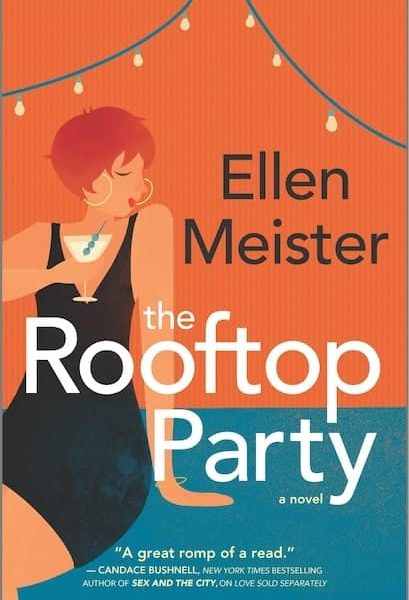
CLEVELAND (WOMENSENEWS)-When Hannah Hochberg-Miller's friends say they want to go to Chick-fil-A, she asks if they can meet somewhere else.
Along with three other teens interviewed for this article, Hochberg-Miller objects to the fast food chain's attitude towards gay workers and customers. Chick-fil-A donated almost $2 million to anti-gay organizations in 2010, according to Equality Matters.
Hochberg-Miller, 19, of Ventura, Calif., also avoids shopping at Wal-Mart. Instead of buying groceries at the Bentonville, Ark.-based discount giant, the UC Riverside women's studies major will pay more to go to Von's, Ralph's or Trader Joe's. It's worth it to her because she doesn't want to support a company that makes so much profit, yet pays its employees so little.
“A person [who works] at a Wal-Mart full time, say a single mom, can't support herself or her kids with the benefits,” Hochberg-Miller said. In June Reuters reported that Wal-Mart plans to raise the hourly wage for 100,000 of its managers to between $10.90 and $20.71, up from a range of $9.90 to $19.31.
U.S. teens have $75 billion in annual discretionary spending power, according to a recent Piper Jaffray report. And information they gather in their daily lives-from friends, family and social media-affects both the opinions they form about companies' ethics and where they spend their money.
“I've never really gone and looked purposefully [for] companies' stances on issues,” said Abby Cohen, 18, from Boulder, Colo., in a phone interview. “Things surface about these brands.”
Reasons ‘Pretty Clear'
Cohen said that since she doesn't go looking for reasons to avoid a certain company her reasons are usually pretty clear when she does. “I think when they're outspoken about [their values], then it's okay to say, ‘Well I don't really want to buy from you.'”
In a 2014 report, Taking Stock, Piper Jaffray found that more than half of teens said the Internet impacts their purchasing decisions. Thirty-six percent also said that word-of-mouth has an impact on what they choose to buy; more so than advertising or online reviews.
Arielle Tindel, 16, of Cleveland, avoids shopping at Urban Outfitters because the
Philadelphia-based clothing chain has come up with offensive designs. One is a Kent State sweatshirt with marks resembling bloodstains that recall the National Guard shooting during a Vietnam War protest. Urban Outfitters also produced a shirt with a Jewish star on it, suggestive of the yellow stars Jews were made to wear during the Nazi occupation, as well as a shirt that read “Eat Less,” which some believed would either glorify or help foster anorexia nervosa.
“I try not to shop at Urban Outfitters because they've produced some products that are very controversial, [and] send some really bad messages,” Tindel said over the phone.
Tindel does not eat meat because of what she sees as the mistreatment of animals by the meat industry. But even before she became a vegan, she boycotted KFC specifically. KFC's “chicken is raised with hormones and comes from factory farms and nothing good comes out of factory farming,” Tindel said, citing information she's read online. “It's inhumane and increases pollution, so not something I support.”
Wal-Mart, Hobby Lobby Boycott
Sarah Lieberman, an 18-year-old who lives in Lawrence, Kan., also cares about where she spends her money.
“I was part of a group that boycotted the building of a new Wal-Mart right outside my neighborhood, mostly because of their unethical business practices and the treatment of their employees,” Lieberman said in a phone interview. Also, “they opened across the street from a local grocery store.”
Through Twitter, Lieberman also developed a negative impression of Hobby Lobby. She heard about the Burwell v. Hobby Lobby court case on contraceptives, which allowed the crafting chain to refuse to pay for birth control for its employees as part of its medical plan, because of the company owners' religious beliefs.
Lieberman disagrees with Hobby Lobby's definition of religious freedom, saying that the Oklahoma City-based company uses it “to assert their own bigotry and hypocrisy and straight-up mean-spiritedness.”
She says her parents have helped fuel her interest in ethical shopping. “My parents are very active in politics and are always keeping up with the news,” she said. “If they hadn't been like that, I probably wouldn't know as much about what's going on.”


